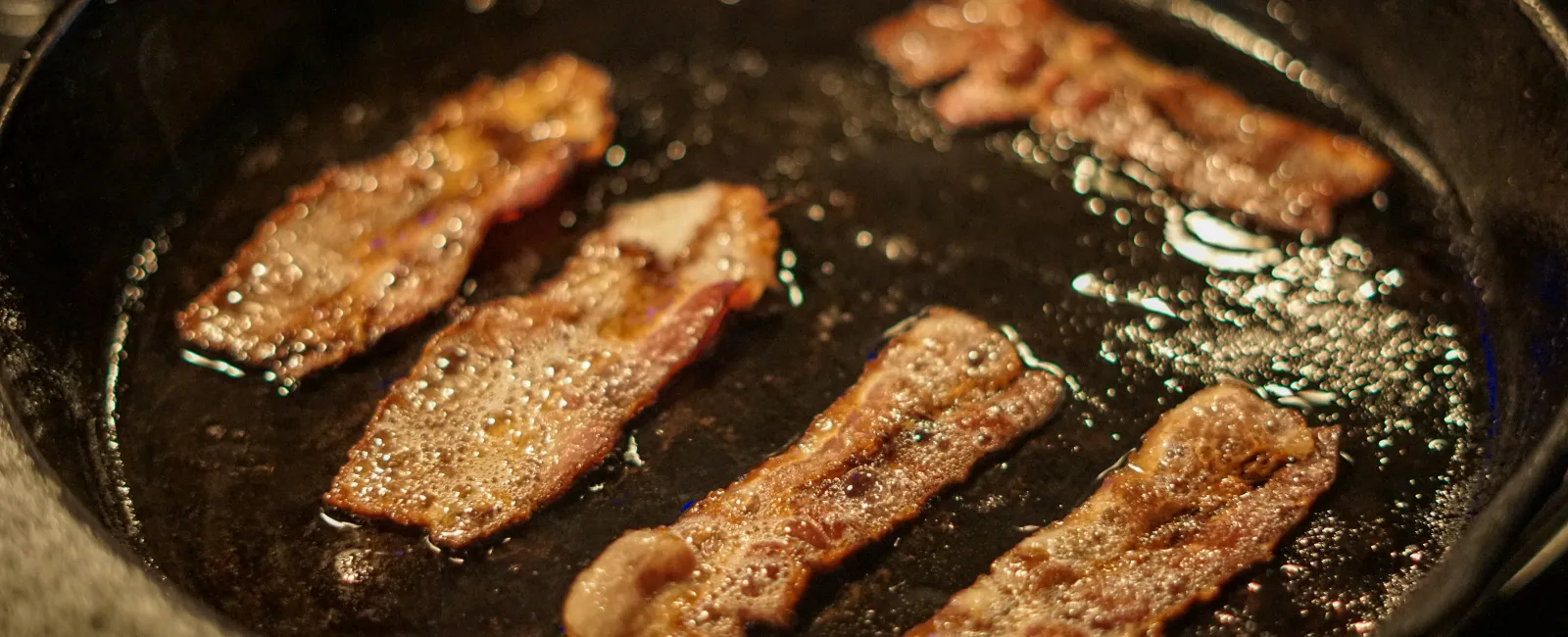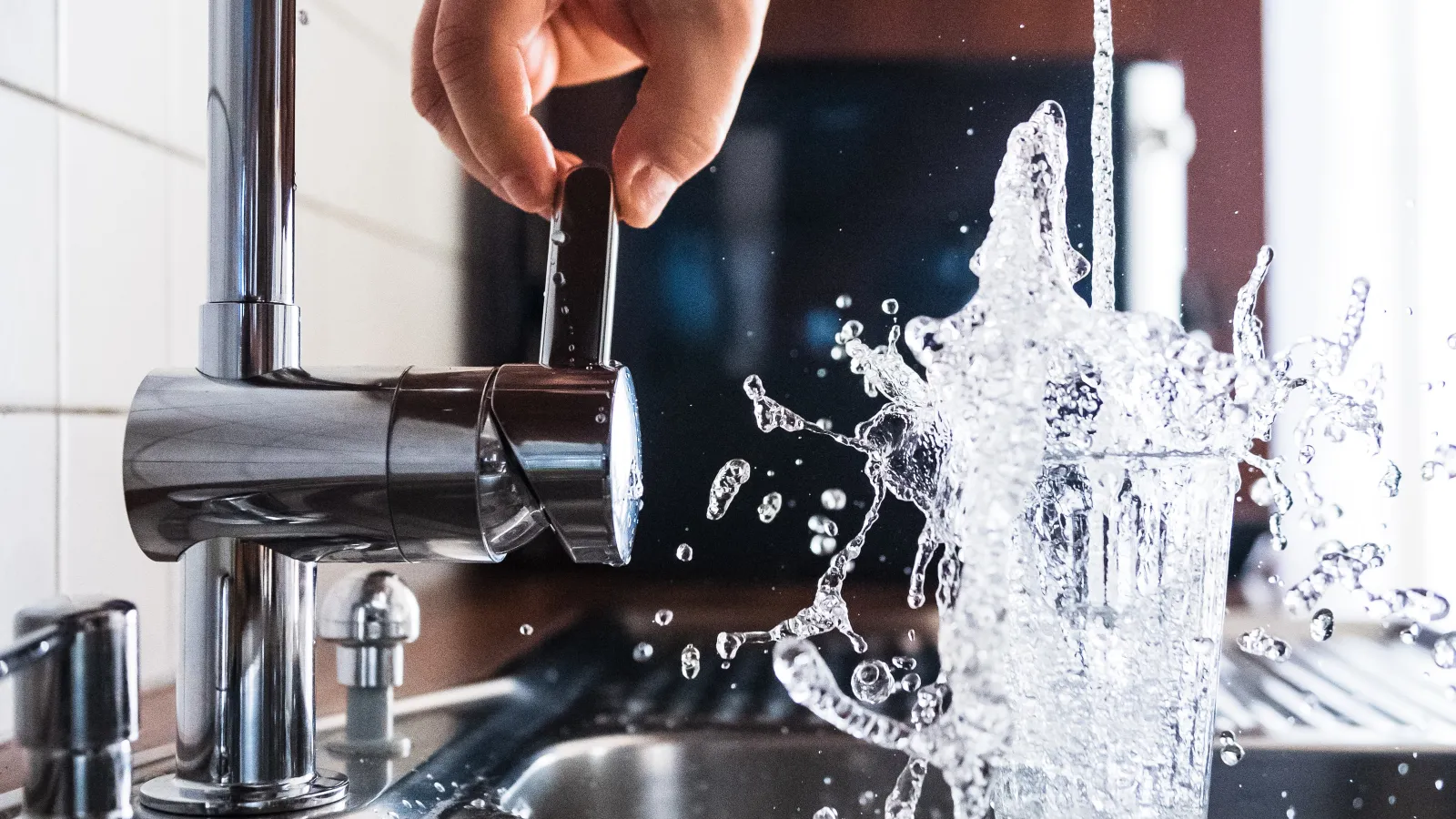How to Properly Dispose of Cooking Oil: Simple and Practical Tips
Cooking at home can be messy, especially when dealing with leftover cooking oil. Whether you've just fried up some crispy bacon or sautéed veggies, you might be staring at that excess grease, wondering, "What am I supposed to do with this?" If you've ever been tempted to pour it down the drain, stop there. Learning how to dispose of cooking oil properly isn't just about avoiding clogged pipes; it's also about being kind to the environment.
Never Pour Cooking Oil Down the Drain
Let's kick things off with the biggest no-no: never, and we mean never, pour cooking oil down the drain. It might seem like a quick fix, but doing this can lead to some severe problems. When hot oil cools down in your pipes, it solidifies, creating blockages that can cause major plumbing headaches. Don't flirt with a backed-up sink because you didn't know how to dispose of used cooking oil.
But it doesn't stop at your house. That oil you pour down the drain doesn't just vanish. It heads to the sewer system, which can contribute to fatbergs—massive clumps of oil and grease clogging up city sewers. These fatbergs are costly to remove and can cause sewage spills, which are gross and bad for the local environment.
Six Practical Ways to Dispose of Used Cooking Oil
Now that you know what not to do, let's talk about the right way to dispose of cooking oil. Here are six practical, easy methods to keep your pipes clear and your conscience clean.
1. Let It Solidify and Toss It
One of the easiest ways to toss small amounts of cooking oil is to let it cool down and solidify. Just leave it out after cooking, and once it's cool, the oil will thicken. Then, scoop it into a container—an old coffee can or a leftover yogurt tub works great. Once you've sealed it up, you can toss it in the trash. This is perfect for small amounts, like the oil left after cooking some bacon or a small fry session.
2. Invest in a Grease Disposal System
If you regularly deal with leftover oil, it might be worth investing in a grease disposal system. These gadgets usually come with a plastic container and special bags that turn oil into a solid, making it easy to toss in the trash. Some even have odor-reducing features, a bonus if you're not taking the garbage out daily.
3. Reuse the Oil
Why waste good oil when you can reuse it? Depending on what you've cooked, you might be able to strain out the food particles and save the oil for another round of frying. Let the oil cool, then pour it through a fine mesh strainer or cheesecloth into a clean container. Store it in a cool, dark place, and you're good to go. Reusing oil not only saves money but also reduces waste. But remember, oil doesn't last forever, so make sure it's still good to use (more on that in a bit).
4. Recycle It
If you've got a lot of oil to dispose of, consider recycling it. Many cities have recycling programs that accept used cooking oil, which they turn into biodiesel. Biodiesel is a renewable energy source, and recycling your oil helps keep it out of landfills. To recycle, pour the oil into a clean, leak-proof container and drop it off at a local recycling center. Check with your city's waste management department to find out where you can recycle cooking oil near you.
5. Compost Small Amounts
Yes, you can compost cooking oil—just in small amounts. This works best with plant-based oils like olive or vegetable oil. If you're composting at home, mix the oil with other compostable materials like coffee grounds or veggie scraps to help it break down. Be careful not to overdo it; too much oil can mess with the composting process.
6. Donate It
Believe it or not, some farms and animal rescue organizations will take your used cooking oil off your hands. They often use the oil to supplement animal feed or as an energy source. Before you donate, make sure to call ahead and check if they accept used oil and if there are any specific requirements for donation.
How to Reuse Cooking Oil Safely
Reusing cooking oil is a great way to stretch your resources, but it's essential to do it safely. Not all oil can be reused, and using oil past its prime can ruin the taste of your food—or worse, affect your health.
When to Reuse Cooking Oil
You can safely reuse cooking oil if it is used to fry foods at lower temperatures, like veggies or doughnuts. These foods don't leave as much residue, so the oil stays cleaner. After frying, let the oil cool down, strain it to remove leftover bits, and store it in a clean container. Keep it in a cool, dark spot, and you can get a few more uses out of it.
When to Toss Cooking Oil
Sometimes, it's just time to say goodbye. If your oil has a funky smell, a dark color, or a foamy texture, it's no longer good to use. Another sign? If the oil smokes like crazy when you heat it up, it's broken down too much and should be tossed. Cooking with old, degraded oil can make your food taste bad and even introduce harmful compounds.
The Bigger Picture: Environmental Impact
Correctly disposing of cooking oil isn't just about avoiding a clogged sink; it's about protecting the environment. Dumping cooking oil down the drain or throwing it away carelessly can cause severe environmental damage. Oil that ends up in water sources can harm wildlife, contaminate drinking water, and contribute to pollution.
For instance, when oil gets into storm drains, it can eventually reach rivers, lakes, and oceans. There, it can coat the bodies of fish and birds, leading to health problems or even death. Additionally, when cooking oil is dumped in landfills, it breaks down and releases methane—a potent greenhouse gas.
Recycling or reusing your oil is a small step that makes a big difference. Not only does it reduce the risk of environmental damage, but it also promotes more sustainable practices.
Wrapping It Up
Disposing of cooking oil properly might seem small, but it can significantly impact your home and the environment. By following these simple tips—whether it's letting the oil solidify, reusing it, or recycling it—you can ensure you're doing your part to keep things running smoothly. It's all about making those small, everyday choices that add to a healthier home and a cleaner planet. So, next time you're in the kitchen, you'll know exactly what to do with that leftover oil.



